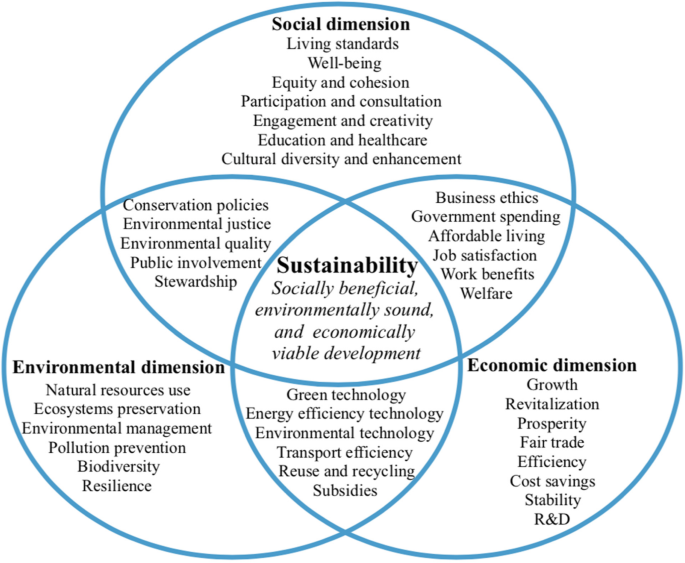Researchers at Pennsylvania State University Evaluate the Impact of Large Language Models on Education
Large language models (LLMs), such as ChatGPT, are revolutionizing the field of education by introducing innovative approaches to learning and teaching. These advanced models have the ability to comprehend and produce human-like text, transforming the dynamics of student-educator interactions and information dissemination. While LLMs enhance learning efficiency and foster creativity, they also give rise to concerns regarding trust and the potential reliance on technology.
Exploring the Balance Between Efficiency and Ethical Concerns
The primary focus of the research conducted at Pennsylvania State University revolves around the challenge of striking a balance between the efficiency offered by LLMs in education and the ethical considerations and trust issues they bring forth. Students stand to benefit from the rapid retrieval of information and the facilitation of idea generation facilitated by LLMs. However, there is a necessity for caution regarding the accuracy of the information provided and the risk of students becoming excessively dependent on these technological tools.
Integration of LLMs in Educational Practices
While traditional tools like search engines and educational AI platforms provide valuable resources, they often lack the nuanced understanding and interactive features that LLMs offer. The incorporation of LLMs into educational practices supplements conventional methods by synthesizing complex information and presenting it in a more accessible manner, thereby enhancing the overall learning experience.

Researchers at Pennsylvania State University devised a methodology to leverage ChatGPT for improving educational outcomes. Through semi-structured interviews with 14 students aged 18 to 35 from diverse educational and professional backgrounds, the study delved into the students' experiences with ChatGPT. The interviews focused on elucidating the advantages and challenges associated with the use of LLMs in academic settings.
Enhancing Learning Efficiency and Creativity
The research methodology involved utilizing ChatGPT for both intentional and incidental learning. Intentional learning encompasses scenarios where students employ ChatGPT with specific objectives in mind, such as acquiring targeted information or stimulating creative thinking. On the other hand, incidental learning occurs organically through everyday tasks, such as composing emails, leading to a gradual improvement in grammar and vocabulary skills.

While the benefits of integrating ChatGPT into educational settings are evident in terms of improved efficiency in information retrieval and idea generation, concerns regarding accuracy and potential dependency on the tool were also underscored. Participants acknowledged the tool's capabilities but remained cautious about its reliability, stressing the importance of verifying information provided by LLMs to prevent the spread of misinformation.
Embracing a Balanced Approach
In conclusion, the study conducted by researchers at Pennsylvania State University sheds light on the transformative potential of LLMs like ChatGPT in education. While these models offer significant advantages in terms of efficiency and creativity, they necessitate a balanced approach to mitigate trust and dependency issues. Educators and students alike must exercise vigilance in verifying the information generated by LLMs to uphold the integrity of educational outcomes.

For more information, you can access the research paper.










